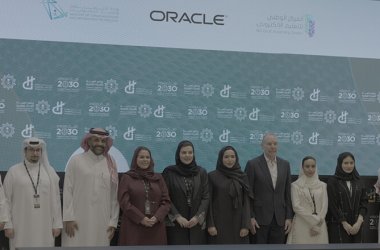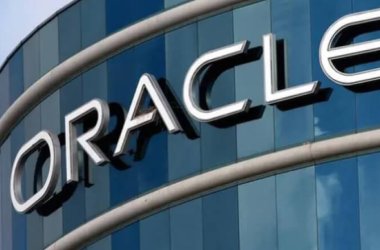 Google is accusing Oracle of dragging its feet in providing a large volume of documents related to the companies’ lawsuit over alleged Java patent violations in the Android mobile OS, including website pages from Sun.com.
Google is accusing Oracle of dragging its feet in providing a large volume of documents related to the companies’ lawsuit over alleged Java patent violations in the Android mobile OS, including website pages from Sun.com.
“Many of the web pages are highly relevant, as they provide marketing and technical information for Oracle Java products that are alleged to practice the asserted patents and copyrights,” Google said in a filing made Friday in U.S. District Court for the Northern District of California.
“Oracle provided Google an electronic production early in the case that purportedly included the website materials, but it turned out to be corrupted and neither Google nor Oracle could access the materials,” it added.
Since early April or before, Oracle “has claimed to be working on re-producing the website, yet as the last days of discovery approach, the website materials have not been produced,” it adds. “This is especially alarming given that the Sun.com website was decommissioned and taken offline a few months ago, and many key documents identified by Google are no longer available.”
Google may be alluding to examples of high-profile Sun executives praising Android and calling it a positive thing for Java, as former Sun Microsystems CEO Jonathan Schwartz did in a 2007 blog post that is currently inaccessible. Oracle gained control of Java through the acquisition of Sun.
Oracle has promised the website pages will be provided by Aug. 15, but a court order may be required given Oracle’s long delay, Google said.
In response, Oracle said it has “spent an enormous amount of time and effort recapturing the website in a usable form,” and in fact had just completed data-collection efforts. “Google knows this,” Oracle added. “There should be no further dispute over these materials.”
Google also complained that it has received only 43 documents from Oracle CEO Larry Ellison, compared to the “tens of thousands, or even hundreds of thousands” of documents typically provided by other “document custodians.”
Due to the relative paucity of documents from Ellison, “Google therefore believes that a large number of relevant documents may have been intentionally withheld by Oracle,” it said.
Oracle “believes that it has complied with its obligations” as far as Ellison’s documents are concerned, the company said in response, adding that it was blindsided by Google’s demand. “Google raised this issue for the first time on the evening of August 4, but has not identified any particular deficiency in the production or documents that appear to be missing.”
However, Oracle agreed to discuss the matter further with Google.
Google also cited Oracle’s alleged slowness to produce Java source code dating to October 1996. Oracle has agreed to provide the code, which may invalidate one of the patents at issue, Google said.
But Google has “legitimate concerns” it will not have enough time to incorporate evidence from the code into an opening report on patent invalidity, it added. The case is scheduled to go to trial Oct. 31.
“As with the prior issues, this issue is being resolved,” Oracle said. “There should be no further dispute over these materials.
Overall, the discovery filing reflects the acrimonious back-and-forth that has marked the case from its beginning.
Oracle sued Google in August 2010, saying Android violated seven Java patents. An Oracle damages expert initially said Google owed the company between US$1.4 billion and $6.1 billion, according to Google. But Judge William Alsup subsequently ordered Oracle to substantially lower its damages range.





